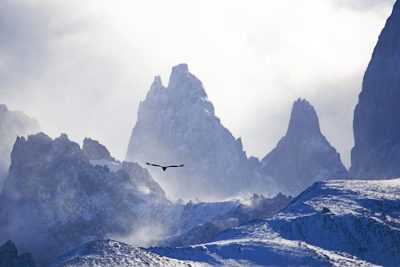The European Alps have been gradually shrinking for decades, but record-breaking heat waves in 2022 have caused them to melt faster than ever.
The Alpine Glacier project has been collecting data on alpine mountains for 50 years. The summer of 2022 was possibly the worst on record for glaciers. In Switzerland, the Alps lost more than 6% of their ice.
Temperatures in the Alps are increasing by 0.3°C per decade, which is twice the global average. Although all the world’s glaciers are at risk of melting due to climate change, there are some factors that are accelerating the process for the Alps. Because of their relatively small size compared to other glaciers, the Alps have less to lose.
Over the past year, the weather in Europe has been extreme. Last winter, there was little snowfall, which meant that the Alps did not have the added mass to compensate for the summer heat. In 2022, there were two distinct heat waves in the alpine region.
In addition, the extreme weather caused Saharan dust to enter the region. This dust absorbs more solar energy than snow, so it warmed the mountains and caused the ice to melt faster than ever before.
When glaciers melt, there are environmental impacts, in addition to the simple loss of a historic landmark. The risk of landslides and flooding increases. The amount of water in the interior of the Alps has the potential to wipe out entire villages. Millions of tourists visit these mountains, and their disappearance will have an effect on the economy.
Researchers warn that Europe’s glaciers could almost completely disappear by the end of the century. If more summers start to look like 2022, this could be much sooner.
UNIB offers the Master in Environmental Management and Audits for environmental research and support.
Sources:
Glaciers in the Alps are melting faster than ever
How climate change is melting the Alps’ glaciers
Photo: all rights reserved

